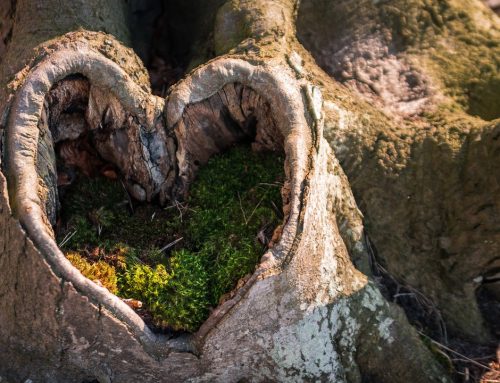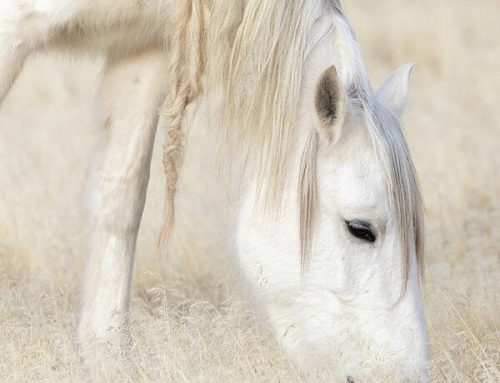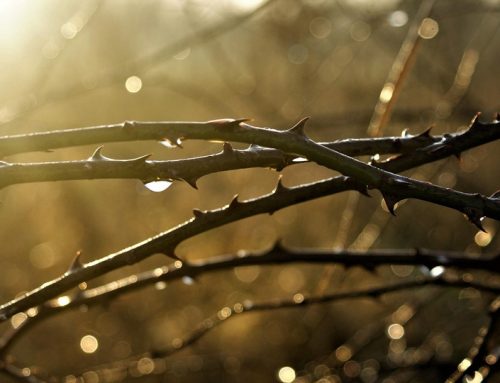I adore them both, and each of these feathery friends never cease to inspire awe and appreciation in me when I happen across their path. More than once in my lifetime I have personally been likened to the smaller, slightly rounder, shorter-necked version of these close cousins. You see, I do not typically glide across the waters of my days with ease and effortless grace. More often than I would like to admit, I am the mighty little duck who projects a peaceful vibe but beneath the surface, my feet are frantically paddling to keep up with the other ducks, and the pace of life itself. Apparently, I am not alone. “Duck syndrome” is a term coined by Stanford University and refers to the phenomenon of people feigning nonchalance and ease in the face of stockpiled stress and hardship. Interestingly, what actually registers as “stress” in the human body these days has expanded as a function of the inflated demands on one’s time and attention coinciding with an overworked and often frayed nervous system from the endless assaults of incoming stimuli. Now, I am not a betting woman, but I do believe this could very well increase the statistical likelihood that more of us are moving around the world like ducks than swans these days. As for the “fake out” element of duck syndrome, I believe this is likely rooted in a very basic survivalist tendency toward stoicism and invulnerability for safety reasons during times of duress or perceived threat, and can actually be observed in many mammal species in the natural world.
“Duck syndrome” is not bad or deficient. Ducks are a hearty species, and they flourish in nature. The liability for us humans moving around as ducks arises when we fail to follow the wisdom and example of our feathery counterparts. Instead of catching a nap in the warmth of the day’s sun to restore balance after rigorous bouts of wading, we grab extra cups of caffeine and overly processed energy bars and wash them down with boat loads of self-condemnation and burdensome promises of future productivity tomorrow and everyday thereafter. The latter creates heavy mental and emotional tolls, on top of the already existing physical depletions.
Perhaps most costly though is the fact that duck days come to an end, and I am unable to recall any of the sweet details of the day, like the actual temperature of the wind, the joyful light in my sister’s eyes when I surprise her with a visit to her store, the laugh lines on the face of the man delivering my horses’ (very heavy) supplements, the new patch of white fur above my aging pup’s brows or the evening’s choice of color palette for it’s setting sun. I wholeheartedly believe it is these type of details that add texture and enjoyment to life, and slow down time just long enough so that days don’t run into each other, one after the next after the next. The experience of time as “flying by” is actually a product of it not being marked or imprinted with any thing of substance or more specifically, sensation. I also know that I am much more able to recognize and register these types of important awarenesses when I have ongoing meditation and mindfulness practices. These practices help me to slow down, notice more and find genuine grace, ease and fulfillment in life.





